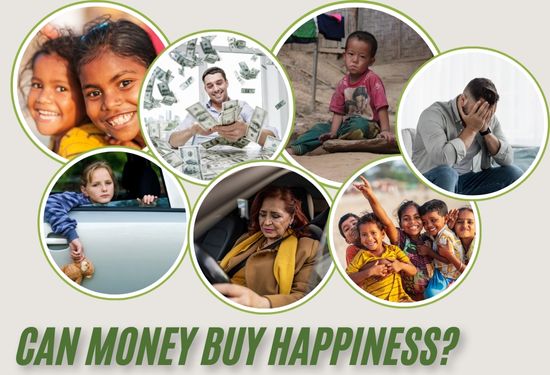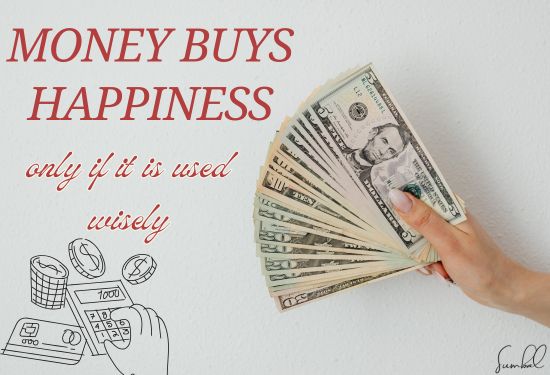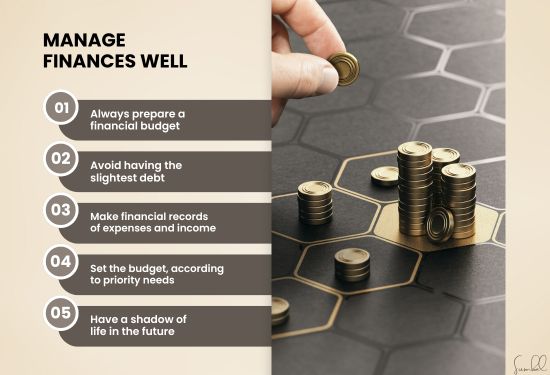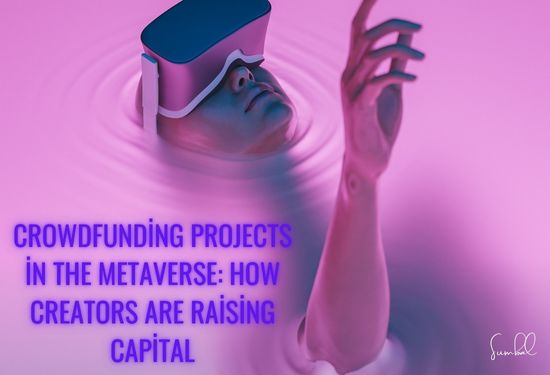Researchers often have posed the age-old question, “Can money buy one happiness?” this has raised questions and interest among the researchers and philosophers. Strangely enough, the correlation between money and happiness does not appear to be a simple one. Some researchers claim that money itself does not induce happiness, but the manner, in which it is spent, can. Knowing what constitutes happiness in terms of expenses can help create strategies on how to make appropriate choices in relationships with money.

Spending on Experiences vs. Material Goods
Experiential Purchases Create Lasting Happiness
People are usually happier with the things they do rather than the things they purchase, and things like traveling, attending concerts, and social events, for example, give people more happiness than money. Memories of the past are sources of happiness and a shared component with relationships, meaning they give people more joy and a feeling of contentment. For example, people define a vacation as a happier experience than buying a new gadget because the feelings of joy become an enduring component of a person’s self and add moments to life.
Material Goods Provide Short-Term Satisfaction
While buying a material item can be thrilling in the beginning, most purchases make you experience what is termed as “hedonic adaptation.” This term relates to how consumers are quick to adapt to their acquisitions, leading to the disappearance of the first enthusiasm felt. However, the experiences are distinguished and significant even if they occur in the past. Therefore, if the aim is happiness, then focusing on experience rather than on goods might be the best way to go.

Spending on Others and Building Social Connections
Acts of Generosity and Altruism
It also underlines the significance of the positive relation between spending and happiness, so-called “consumer spending,” and “pro-social spending.” Social scientists Elizabeth Dunn and Michael Norton found that people who buy gifts or donate to charity are happier than those who buy things for themselves. Receiving fosters relationships and gratitude, and accepting encourages meaning, which can all prove to be life-enhancing for emotional health.
Investing in Social Relationships
One of the most reliable well-being factors is the ability to create and sustain warm interpersonal relationships. Sometimes, it is possible to spend money on things that make people feel connected to others in a significant way: If a person goes out for dinner, invites friends over, or takes a trip together, people feel connected. Saying that love is purchased does not mean that people are simply paying for the feeling because what they are paying for is happiness from investment into relationships, times spent together, and social support.

Practical Ways to Spend Money for Happiness
Focus on Quality Over Quantity
Learn not to make small purchases often, as this will deplete one’s money. Rather, spend your money on something that will provide you joy for a long time.
Embrace the Power of Anticipation
Setting a plan for the next weekend, a new class, or a show makes people look forward to that particular event. Well, anticipation seems to raise happiness in general because at least there is something fun to come.
Make Spending Reflect Your Values
Focusing on personal values like education, personal development, and sustainability gives purpose and joy to financial choices, thus leading to happiness.



